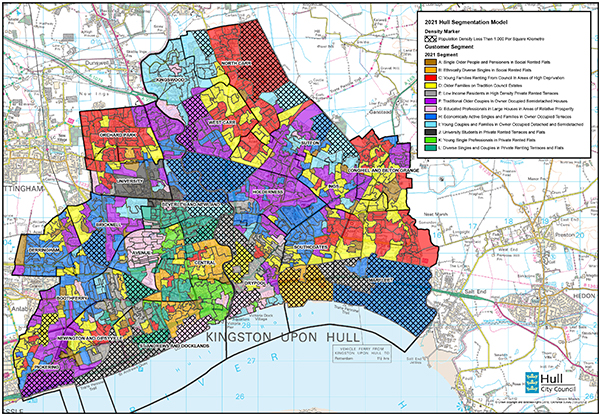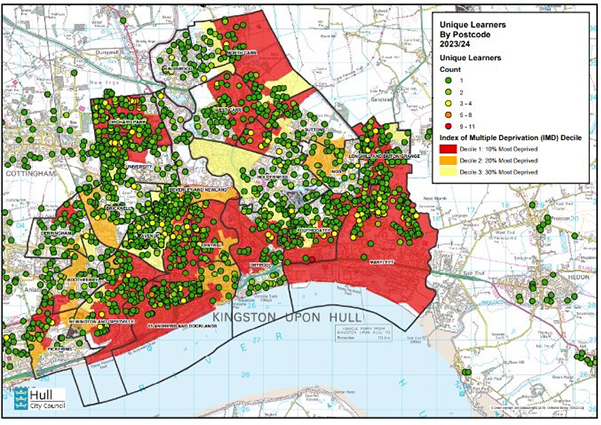Sharon Gamble - Head of Service
"Hull Training and Adult Education plays a pivotal role in supporting the city’s economic and social development. This Accountability Statement outlines Hull Training and Adult Education’s strategic alignment with local and national priorities, its commitment to inclusive education, and its plans for 2025/26. Key priorities include expanding employer led training and development, growing community based provision, enhancing digital skills in the devolved area, and improving all learner progression outcomes."
Hull Training and Adult Education are committed to helping people of all ages and abilities to achieve their learning goals and life aspirations.
As one of the city’s largest inclusive education and training providers, Hull Training and Adult Education have a diverse offer of specialist apprenticeships and training courses. Through the Learner Charter, learners can expect to study with like-minded people in a friendly and relaxed atmosphere. All our staff are experts in their fields, providing the highest standards for learning.
Hull Training and Adult Education offers an ideal way to learn, gain skills to enter or re-enter the labour market, build confidence or achieve qualifications to aid progression. Whatever the individual’s aspirations and goals, we can help learners to achieve them, and our provision provides a valuable response to the post 16 education requirements of the local area, offering an opportunity for all learners regardless of their starting point.
Our Mission
To be the training provider of choice for learners and employers in the city and surrounding area, by delivering high quality, flexible education and training relevant to local business, learners, and community needs.
Our Vision
We will contribute to the economic regeneration and social cohesion of Hull by working with employers, partners and learners by providing high quality and relevant education and training, which ensures the city has a well-qualified and skilled workforce and a culture of lifelong learning.
- People will be supported to get the skills they need to secure and progress in quality and sustainable employment.
- Productive and Innovative Economy
- Skilled and Inclusive Economy
- Productivity and Place
- Strong and Engaged Communities
Context and Place
Hull Training and Adult Education sits within the Economic Development and Regeneration service of Hull City Council. With over 100 employees, we serve the residents and businesses of Kingston upon Hull (widely known as Hull) by providing education and training to over 4,000 people each year from 5 sites across the city.
In Kingston upon Hull, the population size has increased by 4.2%, from around 256,400 in 2011 to 267,100 in 2021. This is lower than the overall increase for England (6.6%), where the population grew by nearly 3.5 million to 56,489,800. 6.6% of households have no people speaking English as their main language.
Information provided by the Office for National Statistics.

2021 Hull Segmentation Model
Hull has elevated levels of both poverty and deprivation and a higher unemployment rate than those seen nationally, with an economically active population 4% lower than that of Great Britain as a whole (74.8% against 78.8%). Hull is the fourth most deprived local authority in England (out of 317 local authorities at the time the IMD 2019 scores were last revised).
Hull has a diverse population throughout the 21 wards categorised below, totalling 266,500. The percentage of residents aged 16-64 is 65% (172,500), 25% (42,500) of whom are economically inactive, and 32% (13,600) of those want a job.

Hull Training and Adult Education learners plotted on a Hull map over areas of deprivation
Hull City Council’s vision is to secure a positive and sustainable future for the city through decisive leadership and the development of inclusive partnerships and communities. Hull Training and Adult Education contribute to the local authority vision by providing inclusive opportunities for residents and businesses to access education and training. Rated Good by Ofsted in February 2022 50179457 (ofsted.gov.uk). Hull Training and Adult Education directly contributes to both the Economic Strategy and the Hull and East Yorkshire Local Skills Improvement Plan to ensure that our current and future workforce are equipped with the skills and attributes they need, which meet the needs of employers and allow them to access employment opportunities. Through the provision of training and education and apprenticeships, learners of all ages are prepared for the world of work, developing subject knowledge and appropriate behaviours, building their confidence to learn new skills, secure employment and progress in their careers.
Approach to Developing the Plan
Hull Training and Adult Education’s priorities and targets are directly aligned with the corporate aims of Hull City Council and are shaped by national and regional strategies, including the National Skills Priorities, Hull’s Economic Strategy, and the Hull and East Yorkshire Local Skills Improvement Plan (LSIP). Our provision is designed to respond to both immediate and emerging skills needs, with a strong focus on inclusion - 48.5% of our learners come from the most deprived wards in Hull. We work collaboratively with a wide range of stakeholders, including employers, community groups, Jobcentre Plus, voluntary organisations, schools, and referral agencies. This ensures our provision is co-designed, relevant, and responsive. We also maintain strong links with the local provider network. Our Ofsted report identified strong involvement of employers in the design and delivery of the curriculum, meeting employer needs that are relevant and bespoke to their sector. We have extended our Industry stakeholder groups significantly as a part of the subcontracting and Skills Boot Camp growth. Secured significant employer focused funding that highlights our commitment to addressing the LSIP skills agenda, firmly placing employers at the heart of the local skills system. Embedded the ‘meeting skills needs criteria’ into curriculum plans, performance reviews, and our self-assessment process. We capture information about employer needs from a number of sources, including direct interactions that our dedicated employer engagement facing staff have with employers.
Hull Training and Adult Education prioritises essential skills development in English, maths, and digital literacy, recognising their foundational role in employability and lifelong learning. Our functional skills programmes and employment pathways are tailored to support learners from disadvantaged backgrounds and those furthest from the labour market. These are funded through the Department for Education (DfE), with additional contributions from employers and learners. We believe that strong partnerships are key to achieving our mission. In addition to supporting individual learner progression, we actively contribute to community development through local engagement programmes. These efforts help foster a culture of lifelong learning and social inclusion across Hull.
We hold externally funded contracts for -
- Adult Skills Fund (ASF)
- Apprenticeships
- Free Courses for Jobs (Level 3)
- Skills Bootcamps
- Tailored Learning
- 16-19 Study Programmes
Contribution to National, Regional, and Local Priorities
| Hull Training and Adult Education Strategic Aims and Objectives | Impact and/or Contribution | Priorities impacted and the reason for the objective |
|---|---|---|
| People |
People will be supported to reach their potential with high quality inclusive education and skills opportunities. Hull Training and Adult Education will contribute to the authority's Community Plan, building a culture where education and skills are valued across all ages and where parents and carers prioritise learning and raising aspirations. Hull Training and Adult Education will give parents and carers the opportunity to gain qualifications and confidence to support their children in their education. Hull Training and Adult Education will utilise all funding streams available to give young people and adults the skills required to access jobs within the city. |
Hull’s Economic Strategy 2021 to 2026. Local Skills Improvement Plan and Corporate Plan. Supports the national, regional (HEYLEP) and local (Council) priority. Hull City Council Community Plan. |
| Productive and Innovative Economy |
In line with the authority Community Plan, Hull Training and Adult Education contribute to economic growth that works for all by providing skills to young people and adults to improve access to work and improve skills and opportunities. Hull Training and Adult Education support businesses of all sizes, including small, medium and micr,o to offer employment opportunities or upskill existing employees. Hull Training and Adult Education delivers qualifications in areas such as Early Years Educator and Teaching Assistant qualifications, enhancing the level of education given to children and young people and in adult settings. Hull Training and Adult Education will deliver qualifications (in 2025/26) in subjects that enhance the level of specialist skills available to those working in work-based settings with children and young people, including understanding autism, mental health, anxiety, etc. Extend links with schools, colleges, and educational providers to support entrepreneurialism and transition into the workplace through apprenticeships, career opportunities, and business support. Development and delivery of programmes to support the formation of more female led micro and SME (Small and Medium sized Enterprises) businesses, along with supporting Women into Manufacturing and Engineering (WiME) and those from groups with protected characteristics into employment. |
Economic Growth and Workforce Wellbeing Strategy 2021-2026. Economic Strategy, Local Plan and Corporate Plan. Supports the national Free Level 3 Courses for Jobs and the local priority to improve attainment in Hull schools and childcare providers. Hull City Council Community Plan. |
| Skilled and Inclusive Economy |
To improve essential skills, Hull Training and Adult Education will increase achievement rates in English, maths and ICT from 69% to 75% by July 2026, with at least 85% of learners supported living in the most deprived wards. Hull Training and Adult Education will widen participation, delivering tailored learning to a minimum of 1,200 learners from priority groups such as ethnic minorities by July 2026, with 70% progressing to further learning or employment. Hull Training and Adult Education will co-design delivery of training programmes with local employers to increase skills in health, digital and construction, utilising Skills Bootcamps funding by March 2026, with a target of 100% of participants reporting improved job prospects or progression for learners. Hull Training and Adult Education will include community-based provision in a further 3 wards by April 2026 to improve access for learners in the community setting. |
Economic Growth and Workforce Wellbeing Strategy 2021-2026. Local Plan and Corporate Plan. Supports Basic English, maths and digital skills provision underpinning all national, regional, and local priorities for people to gain the skills they need. Hull City Council Community Plan. |
| Productivity and Place |
Hull Training and Adult Education is committed to enhancing Hull’s economic productivity by equipping residents with in-demand skills that align with local employer needs. Through strategic partnerships and funding streams available from the DfE, Hull Training and Adult Education ensures that training leads to tangible employment outcomes, contributing to a more skilled, adaptable and resilient workforce. A target of March 2026 to deliver Skills Bootcamps in line with economic priorities. Hull Training and Adult Education will deliver tailored programmes that directly address local skills gaps, including English, maths and digital qualifications to increase access to employment opportunities. |
Hull’s Economic Strategy 2021-2026. Hull’s Local Plan and Corporate Plan. Supports part of the Government's levelling up agenda for employment and skills growth. Hull City Council Community Plan. |
| Strong and Engaged communities | Hull Training and Adult Education supports the development of strong and engaged communities by delivering inclusive education and training to over 2,000 learners from ethnic minority backgrounds, focusing on English language, employability, and life skills. The service aims to increase the progression rate into paid employment from 35% to 50%, while also offering tailored study programmes for young people lacking basic skills, ensuring at least 70% progress to positive destinations. These efforts contribute to social integration, community cohesion, and improved life outcomes across Hull. |
Underpins all national, regional, and local priorities by upskilling people from ethnic minority communities, enabling them to secure employment and integrate into their local community. Supports Hull’s Corporate Strategy, securing a positive and sustainable future for the city. Provide vital entry-level skills to help individuals progress into employment or further education and become active members of the community. Maximises formal and informal adult learning to improve skills, health, and wellbeing of the whole labour workforce. Increases local provision of digital skills. |
National, Regional, and Local Needs Duty Summary
Hull Training and Adult Education has undertaken a review of how well its provision meets the local skills needs of Hull and the surrounding area. This review is aligned with the Hull and East Yorkshire Local Skills Improvement Plan (LSIP) and the Hull Economic Strategy.
Key findings from the review
- High levels of deprivation - 48.5% of Hull Training and Adult Education learners reside in the most deprived wards in Hull, highlighting the need for accessible, community-based provision
- Low qualification levels - A significant proportion of adult learners lack Level 2 qualifications, particularly in English, maths, and digital skills
- Barriers to employment - Economic inactivity remains high, with many residents facing multiple barriers, including health, childcare, and digital exclusion
- Employer demand - Local employers report ongoing skills shortages in construction, engineering, digital, and health and social care sectors
- Growth in ESOL and tailored learning, including bespoke community-based or employer-led training - There is increasing demand for ESOL, employability, and wellbeing-focused programmes, particularly among ethnic minority communities
Actions taken
- Expanded Skills Bootcamps provision in digital, construction, and engineering sectors.
- Increased delivery of ESOL, basic skills, and tailored learning, including bespoke community-based or employer-led training programmes.
- Embedded sustainability and climate awareness into curriculum delivery.
- Strengthened partnerships with employers, schools, and community organisations to co-design provision
Planned Developments (2025 to 2026)
- Developing a new city centre learning hub (opening 2026/27) to improve accessibility and visibility
- Launch of a new Sustainability Strategy aligned with Hull’s 2030 Carbon Neutral goals
- Further expansion of the Study Programmes for young people with low starting points
- Enhanced outreach and tailored learning, including bespoke community-based or employer-led training for NEETs, carers, and those with learning difficulties
- Continued alignment with the LSIP priorities
Hull Training and Adult Education remains committed to ensuring that its provision is responsive, inclusive, and strategically aligned to the needs of Hull’s residents and employers. This summary fulfils the statutory requirement under the Local Needs Duty and will be reviewed annually.
Case Studies
Pavlo Chechim ESOL Learner Level 3 Living and Working in Hull
"The teachers are kind, patient, and always ready to help. They make the lessons interesting and easy to understand."
Christopher Early Years Learner
"Christopher’s transformation during the course was remarkable. Initially quiet and hesitant to participate in class discussions, he gradually gained confidence, contributing valuable ideas and sharing experiences from his placement."
Molly Robinson Sewing Learner
"The supportive atmosphere in the sewing room and connections I made gave me the confidence to apply for university - I now feel equipped with the skills to begin my course."
Kelly Cowle, 38 Neurodiversity Learner
"I’m not just a mum anymore - I’m Kelly. This course helped me find myself again. I’m now able to understand my children’s neurodiversity, and I’m bringing the learning home."
James Verity Ceramics Learner
"I feel fortunate to be part of a mentoring scheme that supports early-career potters, including those with neurodiversity."
Tasabih Abdalla ESOL Learner Level 1 Living and Working in Hull
"Now I feel that I will succeed for myself and my family and achieve my dream."
Further information
On behalf of Hull Training and Adult Education, it is hereby confirmed that the plan as set out above reflects an agreed statement of purpose, aims and objectives as approved by the Executive Advisory Board at their meeting on 25 June 2025. The plan will be published on the service website within 3 months of the start of the new academic year. Access our accountability statement.
